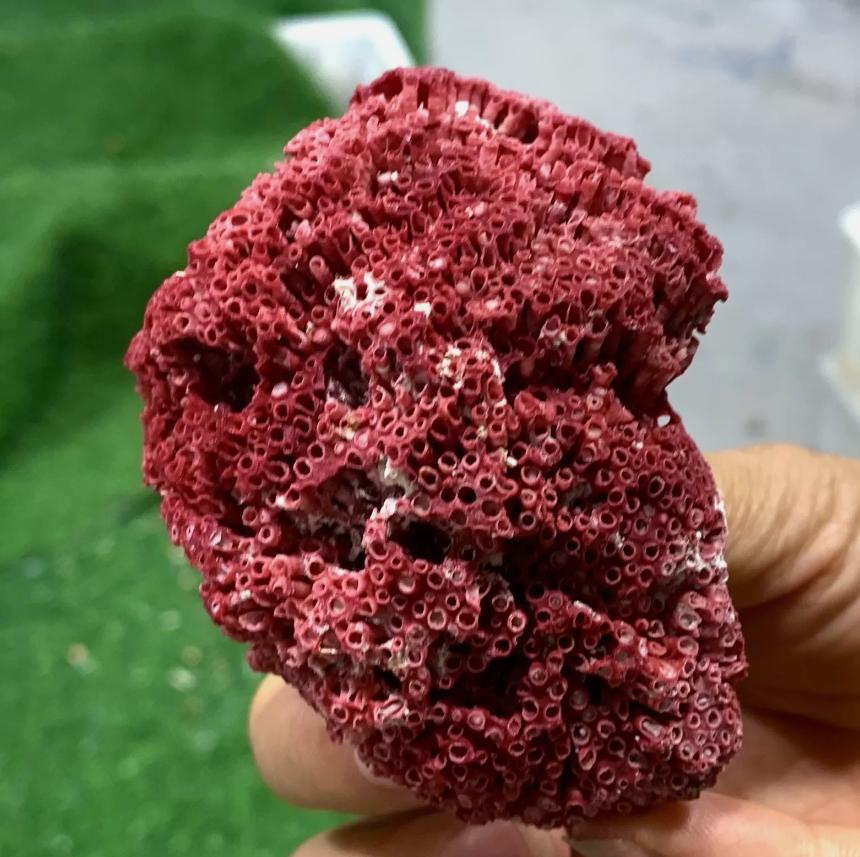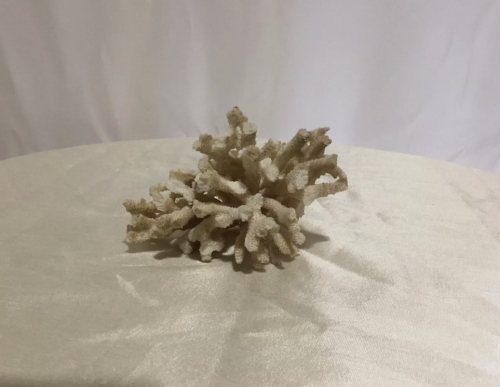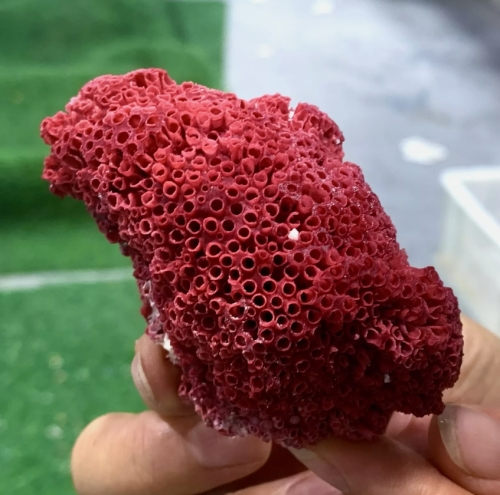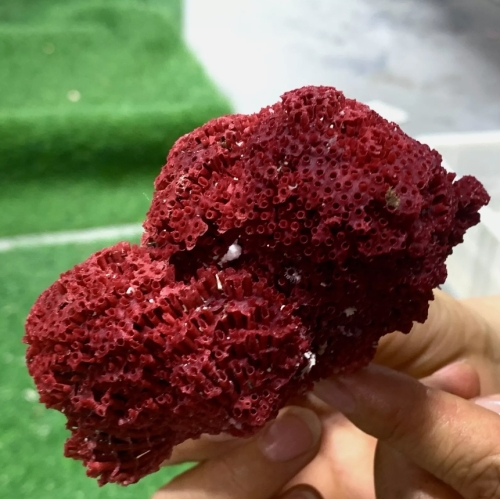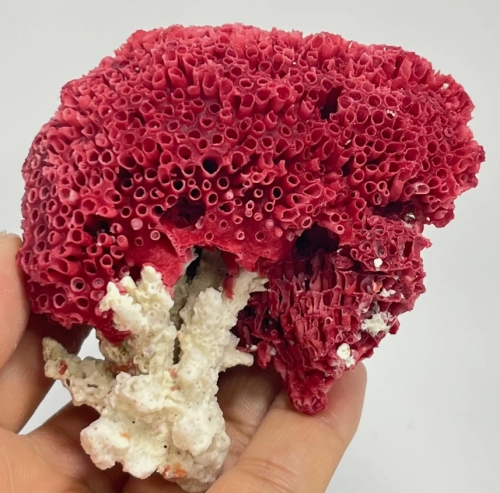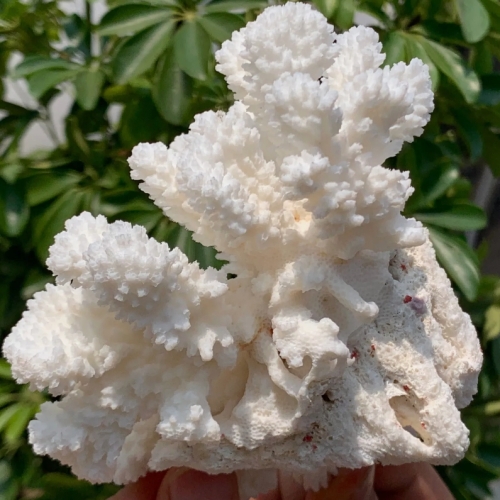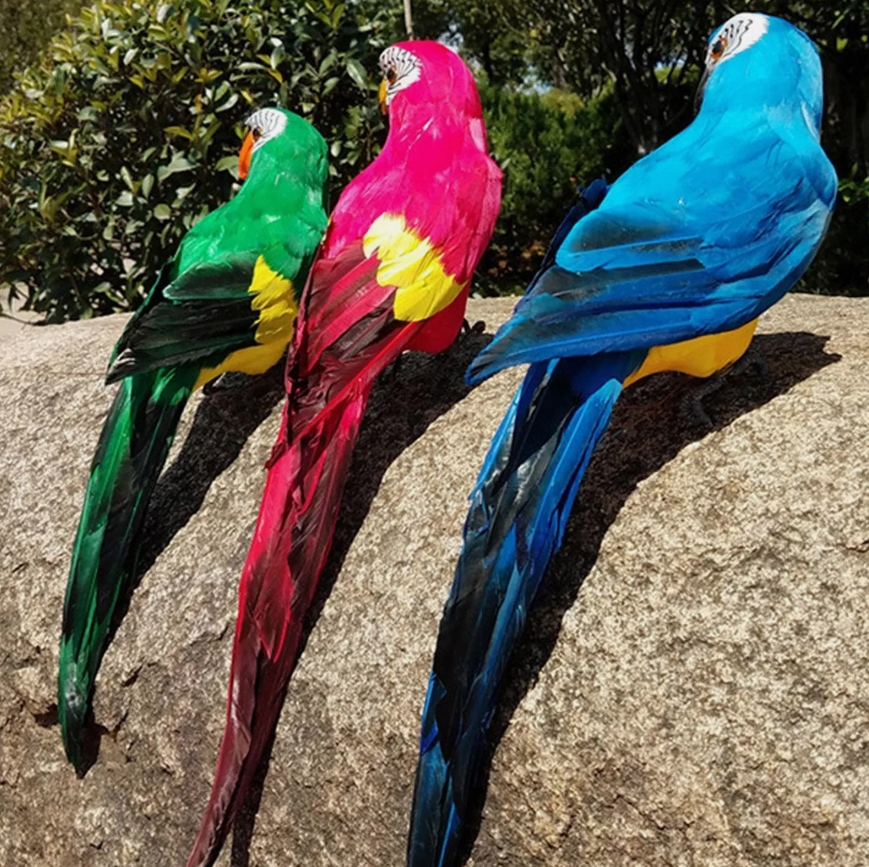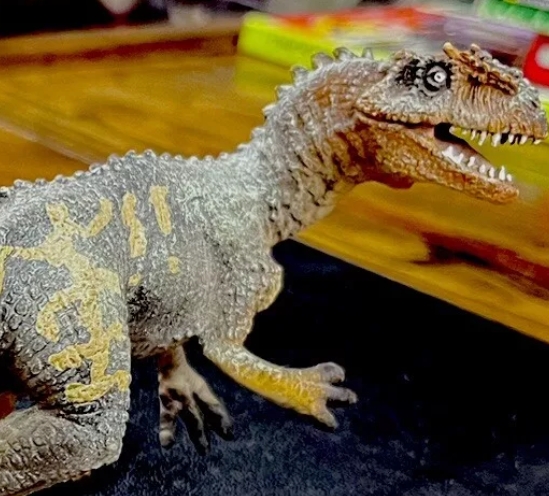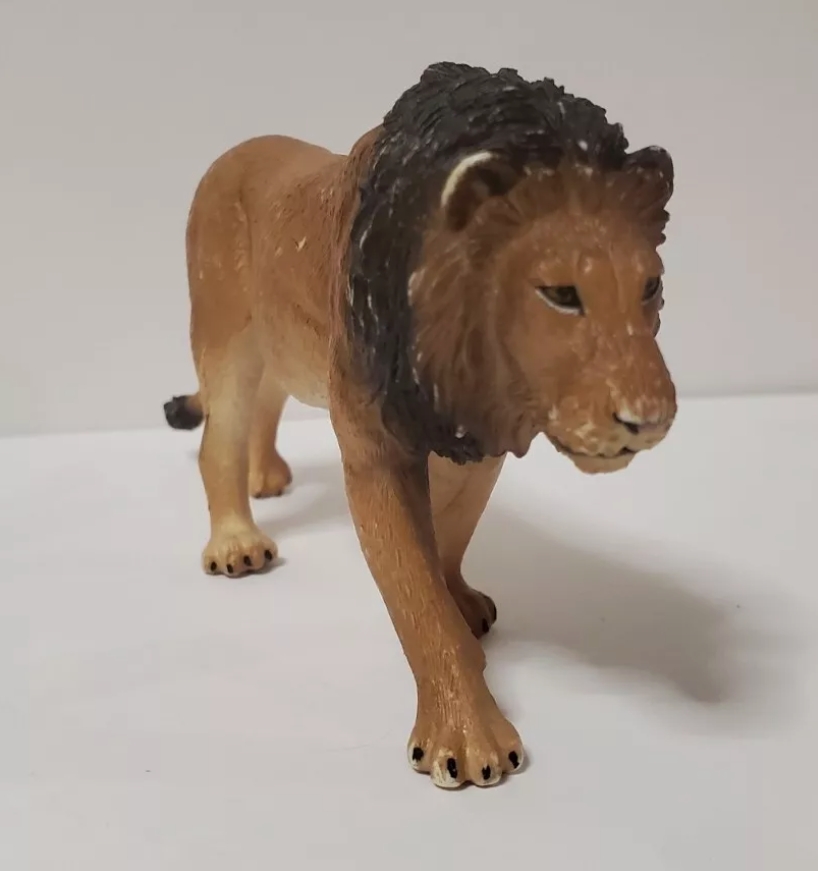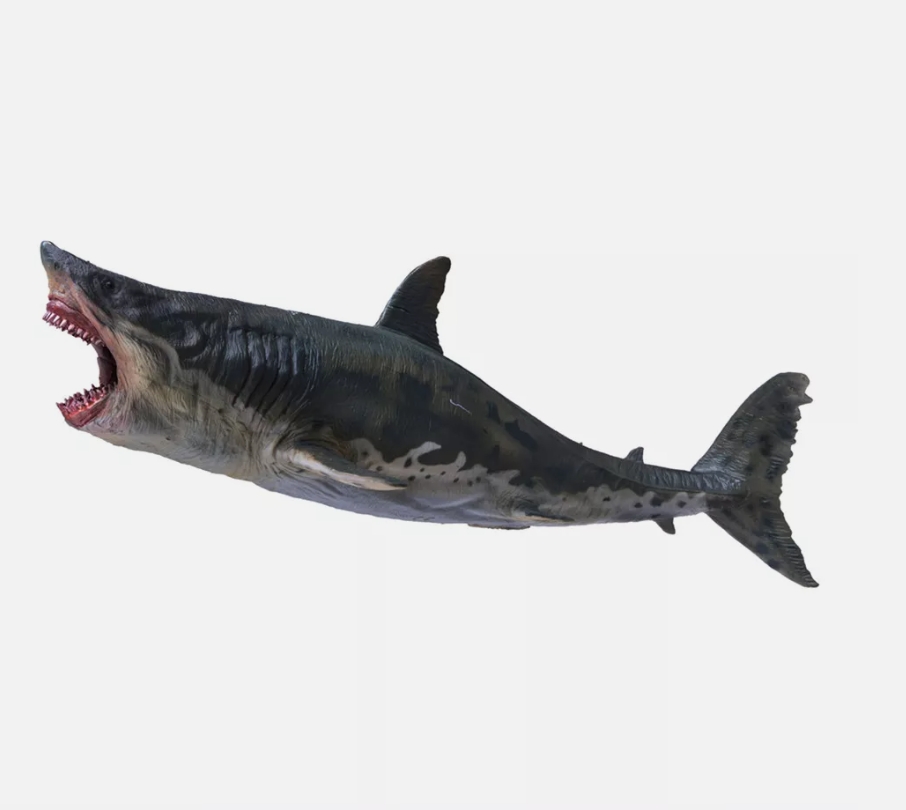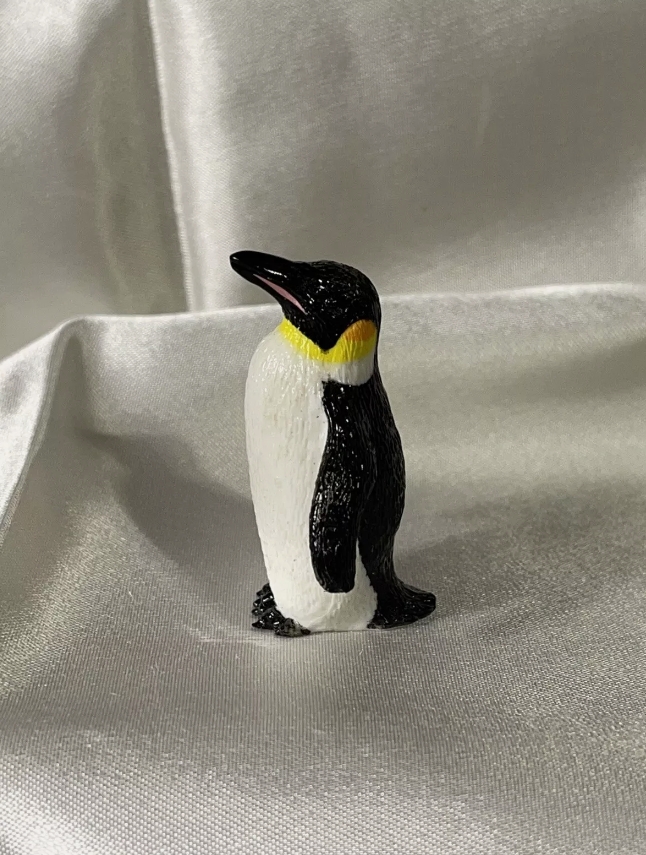Coral specimens are a symbol of the wonder and beauty of nature, and their various forms and colors attract the attention of many researchers and enthusiasts. As an important organism in the ocean, corals constitute a rich and colorful ecosystem, and their living environment is crucial. They not only provide habitat, but also food and shelter for countless Marine life.
The structure of corals is very unique, consisting mainly of polyps and their skeletons. This skeleton, made of calcium carbonate, builds up over time into a gorgeous coral reef. Coral reefs are not only sanctuaries for Marine life, they are also important filters in nature, helping to maintain the quality of seawater. With environmental change and climate change, coral reefs are facing serious challenges, and bleaching and other diseases continue to attack, causing coral numbers to decline year by year. In this context, the collection and research of coral specimens is particularly important.
The preparation of coral specimens often requires elaborate craftsmanship. First, researchers carefully collect coral samples, then dehydrate,wash and fix them to get the perfect specimen. These specimens not only have scientific research value,but also carry rich natural history information. By observing and analyzing coral specimens, scientists can learn about coral growth patterns,species distribution,and their role in the ecosystem.
In the field of education and popular science,coral specimens have also played an indispensable role. Whether in museum exhibitions or in classroom teaching, coral specimens can intuitively demonstrate the diversity and complexity of Marine ecology,and stimulate people's attention and thinking about Marine environmental protection.
In general,coral specimens are not only the embodiment of the mysterious charm of nature,but also an important carrier for scientific research and environmental protection.

